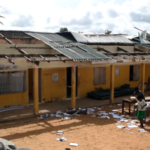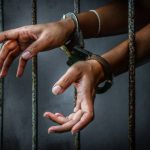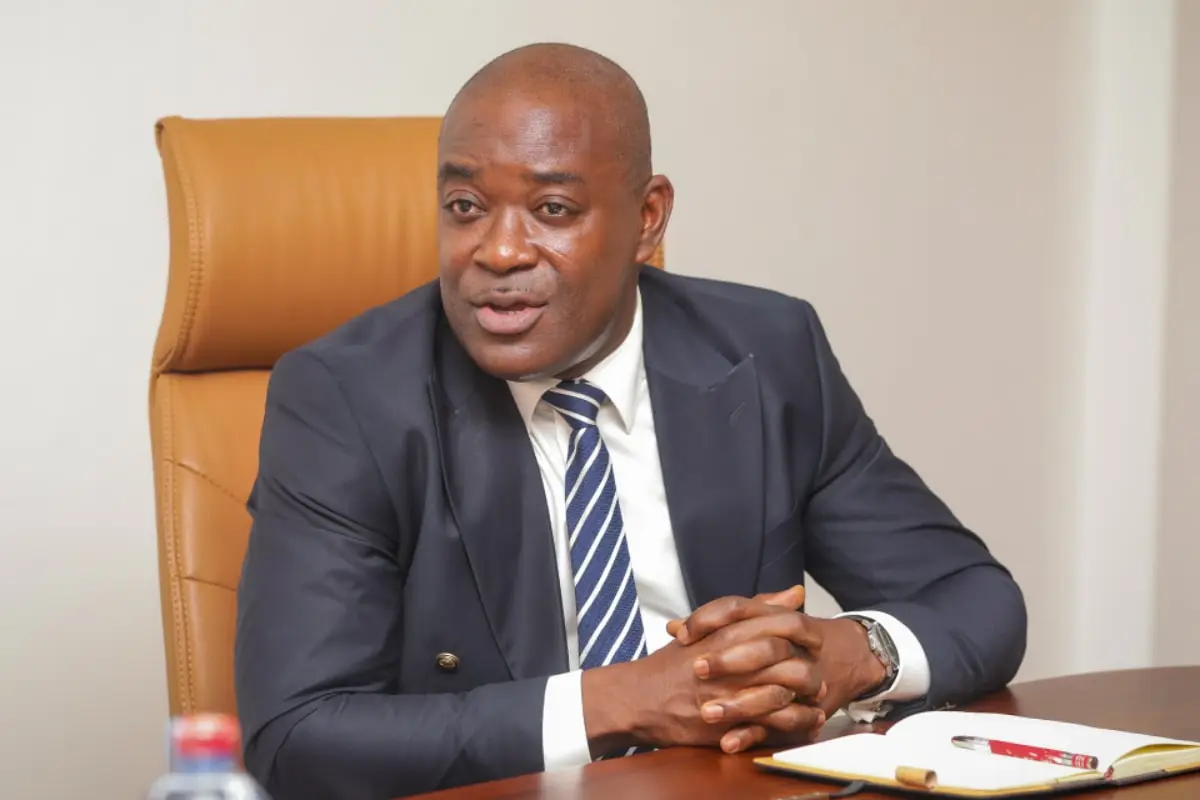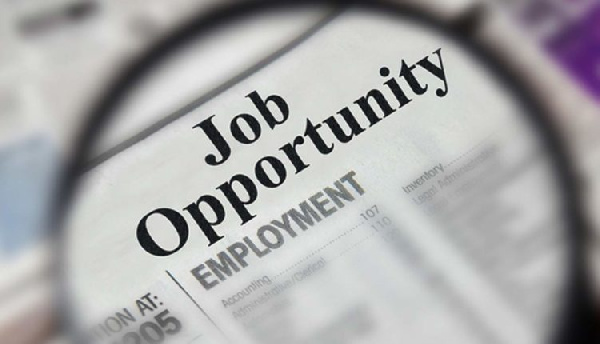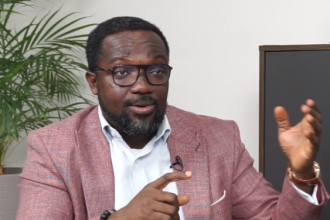Faith leaders from four African countries have signed a declaration against modern-day slavery at a meeting in Accra on Thursday, August 5.
The ceremony, which was put together by human rights group Walk Free through its faith arm, Global Freedom Network, drew leaders from the Democratic Republic of Congo, Cote d’Ivoire, Nigeria and Ghana.
However, the National Interfaith Council of South Africa (NICSA) and the Inter-Religious Council of Kenya (IRCK) also threw their support behind the declaration.
At the meeting, the leaders pledged to work assiduously to end modern-day slavery on a global scale. This commitment is the eighth of its kind since Pope Francis and influential Shiite cleric Ayatollah Mohammad Taqi al-Modarresi, led the first declaration in 2014.
The declaration views modern slavery in terms of human trafficking, forced and child marriages, extreme child labour and domestic servitude.
Speaking on behalf of Ghana’s National Chief Imam, Sheikh Aremeyaw Shaibu, argued that slavery was despised by all major faiths today and cited the economic challenges that force people into slavery.
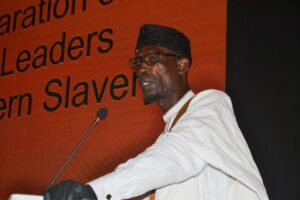
“As faith leaders, you have a very special position in Ghanaian society. You can see changes in people that would pass by many others. And you understand what poverty and desperation cand to men, women and children,” Sheikh Shaibu noted.
He added: “You are uniquely placed [as a faith leader] to identify victims and help victims by putting them in touch with professionals who can help them and who can help deal with the perpetrators”.
On his part, Rev. Father Lazarus Anondee, who spoke on behalf of the Ghana Catholic Bishops Conference decried the exploitation and the profit-making motive of enslavement.
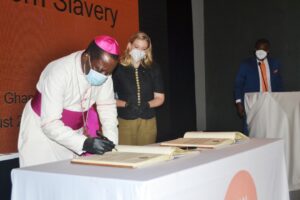
Grace Forrest, a co-founder of Walk Free, was grateful for the declaration and acknowledged Ghana and Africa’s own history with slavery as well as the effects of the slave trade that continues to linger.
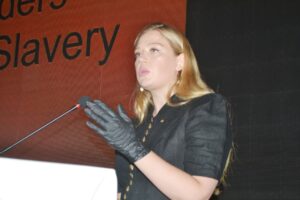
“We acknowledge the history of slavery and the exploitation of the people of this country and other parts of Africa, the effects of which are still felt today and are undoubtedly connected to the prevalence of modern slavery in this region,” the co-founder said.
She also said Walk Free was committed to working with faith leaders to create systems of change and legal reform, as well as provide moral guidance and education to their congregations.









